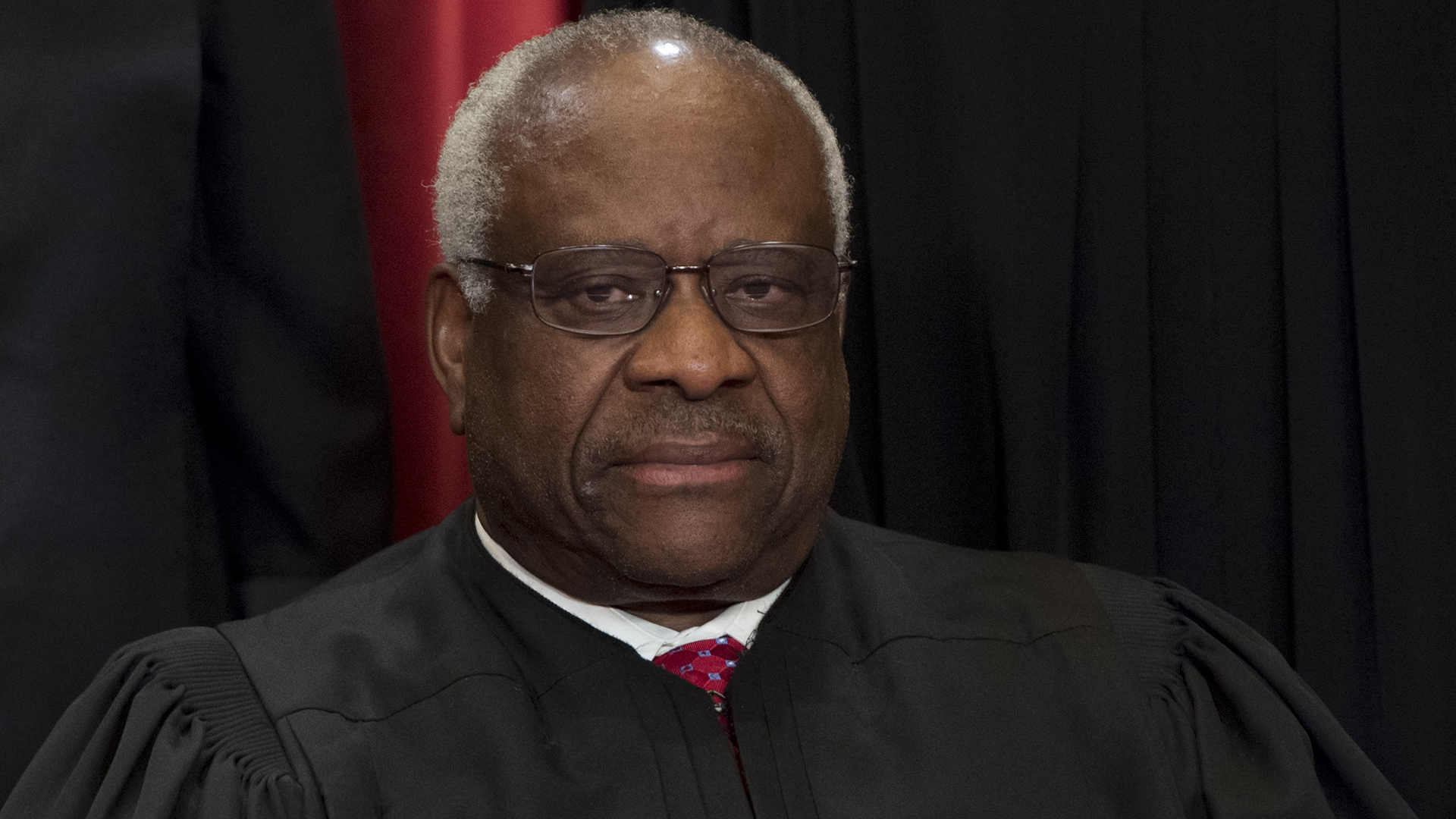OPINION: This article may contain commentary which reflects the author's opinion.
The Supreme Court has weighed in on when federal law enforcement agents can be sued for excessive force.
In a 6 – 3 decision on Wednesday, the court ruled against a man who had sued a U.S. Customs and Border Protection agent for use of excessive force, USA Today reported.
Robert Boule, the owner of the bed and breakfast, Smuggler’s Inn in Blaine, Washington, said that a border patrol agent had pushed him to the ground in 2014 and said that after he reported the agent to his superiors the agent reported him to the IRS.
The Inn is right on the border of the United States and Canada, with five feet of the property on Canadian land.
Boule had helped federal agents with capturing illegal border crossers in the past by agreeing to help the borderer crossers but then later reporting them to federal agents, KIRO 7 reported.
In 2014, Boule notified a border patrol agent, Erik Egbert, that a Turkish national had scheduled transportation to the Smuggler’s Inn.
When Egbert saw one of Boule’s vehicles returning to the inn, he suspected the Turkish national was a passenger and followed the vehicle to the inn.
Boule claimed that he asked Egbert to leave and when Egbert refused, Egbert became violent and threw Boule against his vehicle and to the ground.
Egbert then left after he checked the immigration paperwork for Boule’s guest and found everything in order.
The Turkish guest would unlawfully enter Canada later that evening.
Boule would later file a grievance with Egbert’s supervisors and an administrative claim with the Border Patrol.
Egbert allegedly retaliated by reporting Boule’s “SMUGLER” license plate to Washington’s Department of Licensing for referencing illegal activity and calling the IRS to prompt an audit of Boule’s finances.
Border Patrol took no action against the agent which prompted Boule to sue the agent, claiming a violation of the Fourth Amendment for use of force and the First Amendment for retaliation.
The District ruled in favor of the agent, but the Ninth Circuit Court of Appeals ruled in favor of Boule, which brought the case to the Supreme Court.
“Congress is better positioned to create remedies in the border-security context, and the government already has provided alternative remedies that protect plaintiffs,” Supreme Court Justice Clarence Thomas said in the majority decision.
“Weighing the costs and benefits of new laws is the bread and butter of legislative committees,” Justice Neil Gorsuch said. “It has no place in federal courts charged with deciding cases and controversies under existing law.”
But Justice Sonia Sotomayor penned the dissent, arguing that it “contravenes precedent and will strip many more individuals who suffer injuries at the hands of other federal officers…of an important remedy.”
David Gans, with the liberal group known as the Constitutional Accountability Center, said that the decision was a “grave error.”
“The 6-3 conservative majority of the Roberts Court, once again, closes the courthouse door on individuals victimized by governments abuse of power, this time holding that federal border guards cannot be sued, even for flagrant constitutional violations,” he said. “It is a grave error that betrays our Constitution.”
This week, the Court dropped a major decision in a case involving a pair of armed St. Louis lawyers who faced off with a mob of Black Lives Matter supporters in June 2020 who broke into their locked, gated community.
Mark McClosky, armed with an AR-15-style rifle, and his wife Patricia McCloskey, who was armed with a handgun, faced off against a Black Lives Matter-supporting mob that broke through a gate to protest the mayor of St. Louis, who lived down the street.
The McCloskeys later stated they were afraid for their lives after hearing shouted threats of violence from some of the demonstrators.
USA Today adds:
Mark McCloskey pleaded guilty to a misdemeanor assault charge and Patricia McCloskey pleaded guilty to misdemeanor harassment. Missouri Gov. Michael Parson pardoned the McCloskeys in 2021 but the state office responsible for investigating allegations of misconduct by lawyers sought to suspend their law licenses.
The Supreme Court of Missouri in February agreed to suspend the licenses indefinitely but stayed the suspensions and placed the two lawyers on probation for a year. Conditions of the probation included that the McCloskeys provided quarterly reports to a probation monitor – including whether they are charged with additional crimes – and provided 100 hours of free legal services.
The nation’s highest court declined to hear their appeal and there were no known dissents from the high court, suggesting its refusal to take the appeal was unanimous.
